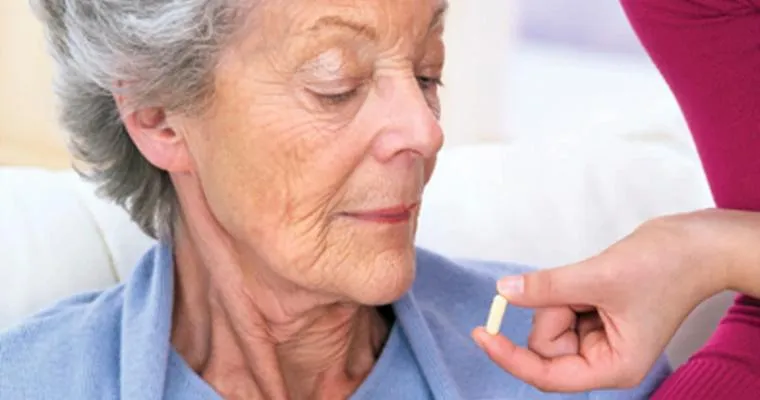Experiencing "sweating after shower" can be a common yet perplexing issue for many individuals. While a refreshing shower is often intended to cleanse and cool the body, some people find themselves feeling hot and sweaty soon after stepping out. This phenomenon can be attributed to various factors, including body temperature regulation, humidity levels, and personal health conditions. In this article, we will explore the reasons behind sweating after a shower and provide practical tips to mitigate this uncomfortable experience.
One primary reason for sweating after a shower is the warmth of the water. When you take a hot shower, your body temperature rises, and your sweat glands become activated to cool you down. As soon as you exit the shower, your body may still be in the process of regulating its temperature, leading to an increase in "perspiration". To combat this, consider adjusting the water temperature to a more moderate level. A lukewarm shower can help minimize the drastic change in body temperature and reduce post-shower sweating.
Another factor that contributes to sweating after a shower is the "humidity" in your bathroom. If the space is poorly ventilated, the moisture in the air can create a muggy environment, making it difficult for sweat to evaporate from your skin. To alleviate this issue, ensure that your bathroom is well-ventilated. You can achieve this by opening a window, using an exhaust fan, or even leaving the bathroom door open while you shower. This will help lower humidity levels and promote better airflow, reducing the likelihood of sweating afterward.
Personal health conditions can also play a significant role in post-shower perspiration. Individuals with hyperhidrosis, a condition characterized by excessive sweating, may find that their symptoms are more pronounced after a warm shower. If you suspect that a medical condition is contributing to your sweating, it is advisable to consult a healthcare professional for guidance and potential treatment options.
Additionally, the type of products you use in the shower can affect your body’s response afterward. "Body washes", shampoos, and conditioners with heavy fragrances or moisturizing properties can leave a residue on your skin, which may contribute to the feeling of lingering warmth. Opting for lighter, hypoallergenic products can help minimize this effect and keep you feeling fresh after your shower.
Lastly, consider your post-shower routine. Engaging in physical activity or spending time in a warm room can exacerbate sweating after your shower. Try to allow some time for your body to cool down before transitioning to more active or heated environments. Simple activities like sitting in a cooler room or sipping on a cold drink can help your body regulate its temperature more effectively.
In conclusion, sweating after a shower can occur due to various reasons, including water temperature, humidity, personal health conditions, and product choices. By implementing a few changes to your shower routine and environment, you can significantly reduce the discomfort of post-shower sweating. Remember to listen to your body and seek professional advice if you have ongoing concerns about excessive perspiration.





